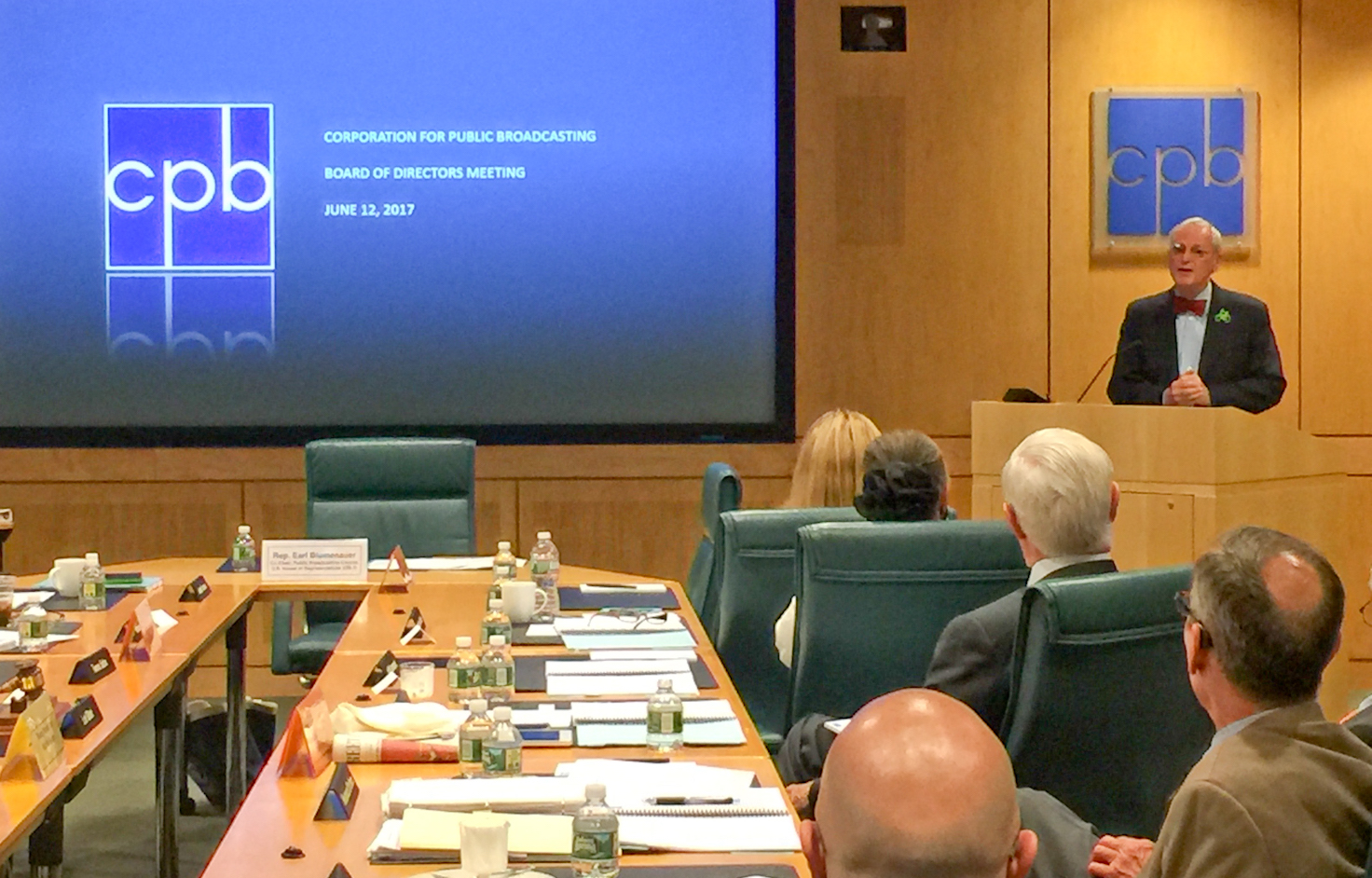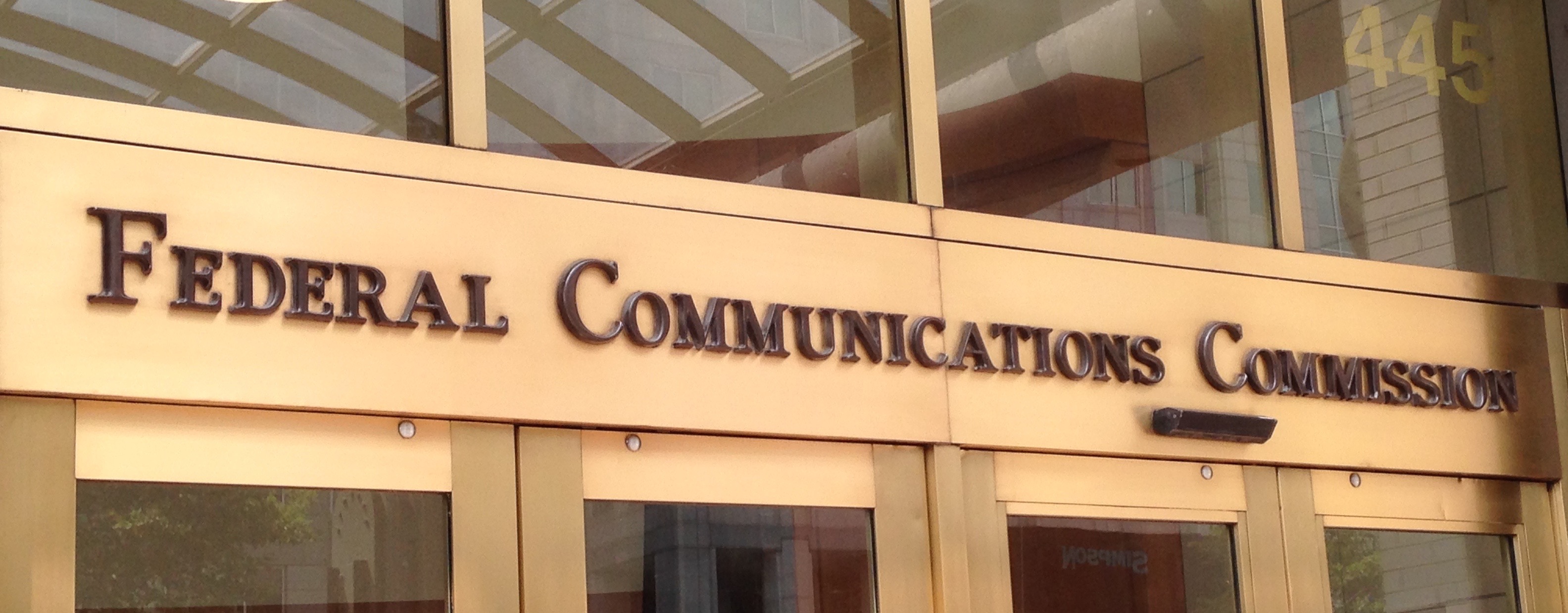Tag: spectrum auction
Spectrum auction proceeds will back reboot of Native TV network
First Nations Experience will become a beneficiary of auction proceeds through parent station KVCR in San Bernardino, Calif.Philadelphia TV station will become grantmaker with spectrum auction winnings
The foundation formed from WYBE plans to share its proceeds with other Philadelphia-area nonprofits.T-Mobile will foot bill for repacking public TV translators
The agreement covers equipment, engineering, installation and legal fees.At CPB Board meeting, congressman calls for ‘civil and thoughtful’ advocacy for pubcasting funding
Rep. Earl Blumenauer also told the board that he had asked House Democrats to stop “using the assault on public broadcasting as ...N.J. bill proposes using spectrum auction cash for news consortium
If passed, the law would funnel $100 million of the state's $332 million to a journalism partnership.Preparing to expand news, KCET refines model for digital content
Winnings from the FCC spectrum auction will allow the Los Angeles station to “accelerate investment in the community.”In aftermath of spectrum auction, even stations that sat out could still benefit
Public broadcasters can still explore channel-sharing options, take advantage of equipment upgrades and plan an investment fund that would help the entire ...At town hall meeting, Va. pubcaster shares plans for spectrum auction millions
Commonwealth Public Broadcasting Corp. will invest the $182 million in expanded community service and a foundation to “promote public media.”Prompted by auction sales, moves to low VHF bring both challenges and advantages
Stations can save money on equipment and power bills, but some over-the-air viewers may need to change their antennas.Channel-share agreements bring Connecticut station $32.6M in spectrum auction
Connecticut Public Broadcasting Network is holding on to its stations in Bridgeport and Hartford-New Haven.For Los Angeles’ KLCS, spectrum auction proceeds will relieve licensee of financial burden
The school board–owned station may not see much of a bump to its annual budget.San Francisco’s KMTP angles for channel-share after winning $87M in spectrum auction
KMTP will create an endowment and use the proceeds to acquire access to wireless spectrum.‘The Pub’ #93: Where will all the spectrum auction money go?
The billions that noncommercial stations won isn’t enough to transform the entire public media system, but it will absolutely transform the handful ...KCSM licensee and spectrum speculator trade lawsuits over failed FCC auction bid
An error disqualified the California station from the auction.Sale of dozens of noncommercial signals in FCC spectrum auction earns minimum of $1.9 billion
Check out our summary of how the spectrum auction appears to be playing out for public media.











